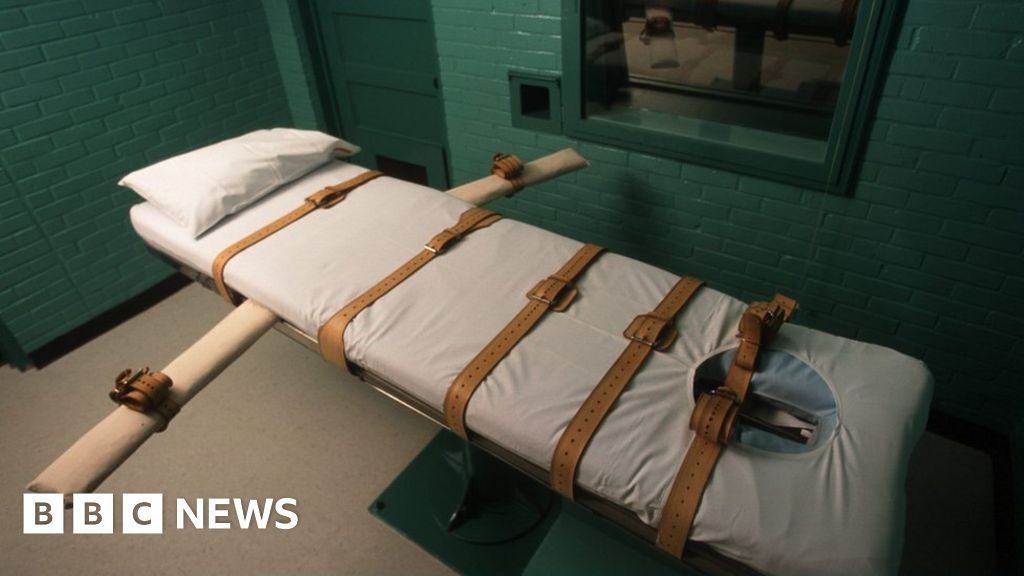- Joined
- Apr 9, 2019
- Messages
- 4,156
- Points
- 384
It’s been discussed to death, probably here before and on any forums and outlets on the internet.
To start, I’ll state the obvious but you’re either pro death penalty or against not as we sometimes hear “only in cases of terrorism, mass-murders and pedophile or child murderer.” And to be honest, I still think many people even in Western Europe would agree that people like Salah Abdeslam (Survivor of the Paris attacks in Nov 2015), or the Oslo and Utoya mass-murderer Anders Behring Breivik would have deserved the death penalty for their horrendous crimes.
Then for merely philosophical reasons some people oppose it, even in the worst incidents and high number of victims. I can see why to an extent... redemption?
Okay, I’ll just put it out here: in France the Death Penalty by Guillotine was abolished during the first tenure of Francois Mitterrand in 1981.
So my opinion was that up until 2012 and the first antisemitic attack against a Jewish school in Toulouse plus three soldiers of Maghreb ancestry were killed by the Jihadi Mohammed Merah, who was later gunned down by the Raid; I was against the death penalty but my stance on this has changed ever since all other attacks France and Europe (and The US) have endured,
So if you want to debate this, this is the right place, it can be a heated debate so please argue thoughtfully and use civility.
PS: so to not be accused of any Double Standard if any White Nationalist were to kill a bunch of Jews or Muslims during their prayer I’d be asking for the same proper capital punishment.
To start, I’ll state the obvious but you’re either pro death penalty or against not as we sometimes hear “only in cases of terrorism, mass-murders and pedophile or child murderer.” And to be honest, I still think many people even in Western Europe would agree that people like Salah Abdeslam (Survivor of the Paris attacks in Nov 2015), or the Oslo and Utoya mass-murderer Anders Behring Breivik would have deserved the death penalty for their horrendous crimes.
Then for merely philosophical reasons some people oppose it, even in the worst incidents and high number of victims. I can see why to an extent... redemption?
Okay, I’ll just put it out here: in France the Death Penalty by Guillotine was abolished during the first tenure of Francois Mitterrand in 1981.
So my opinion was that up until 2012 and the first antisemitic attack against a Jewish school in Toulouse plus three soldiers of Maghreb ancestry were killed by the Jihadi Mohammed Merah, who was later gunned down by the Raid; I was against the death penalty but my stance on this has changed ever since all other attacks France and Europe (and The US) have endured,
So if you want to debate this, this is the right place, it can be a heated debate so please argue thoughtfully and use civility.
PS: so to not be accused of any Double Standard if any White Nationalist were to kill a bunch of Jews or Muslims during their prayer I’d be asking for the same proper capital punishment.









